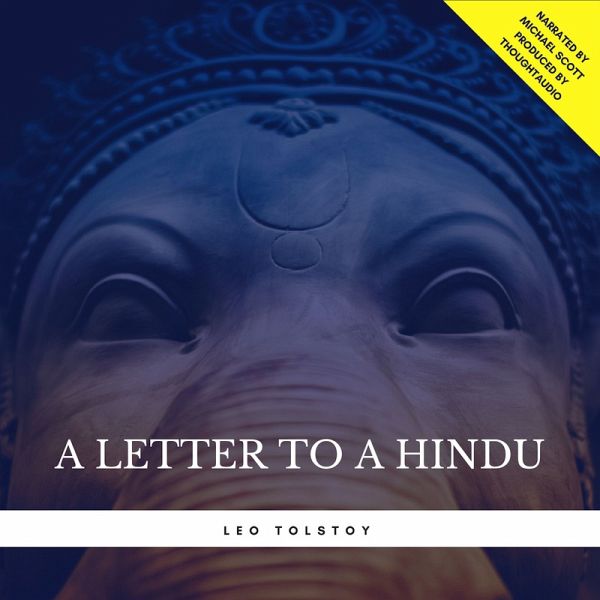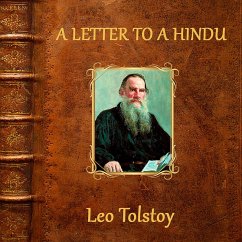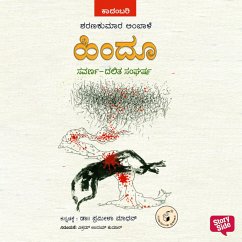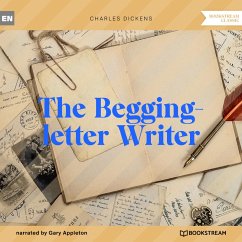
A Letter to a Hindu (MP3-Download)
Ungekürzte Lesung. 39 Min.
Sprecher: Scott, Michael

PAYBACK Punkte
0 °P sammeln!
A Letter to a Hindu was written in 1908by Leo Tolstoy to Tarak Nath Das, an Indian revolutionary and internationalist scholar. The letter was translated and reprinted by Mohandas Gandhi, who used the ideas of love revealed through non-violent resistance in his own ideological teachings. Non-violent resistance was a principle of Tolstoy's christian belief.
Dieser Download kann aus rechtlichen Gründen nur mit Rechnungsadresse in A, D ausgeliefert werden.













